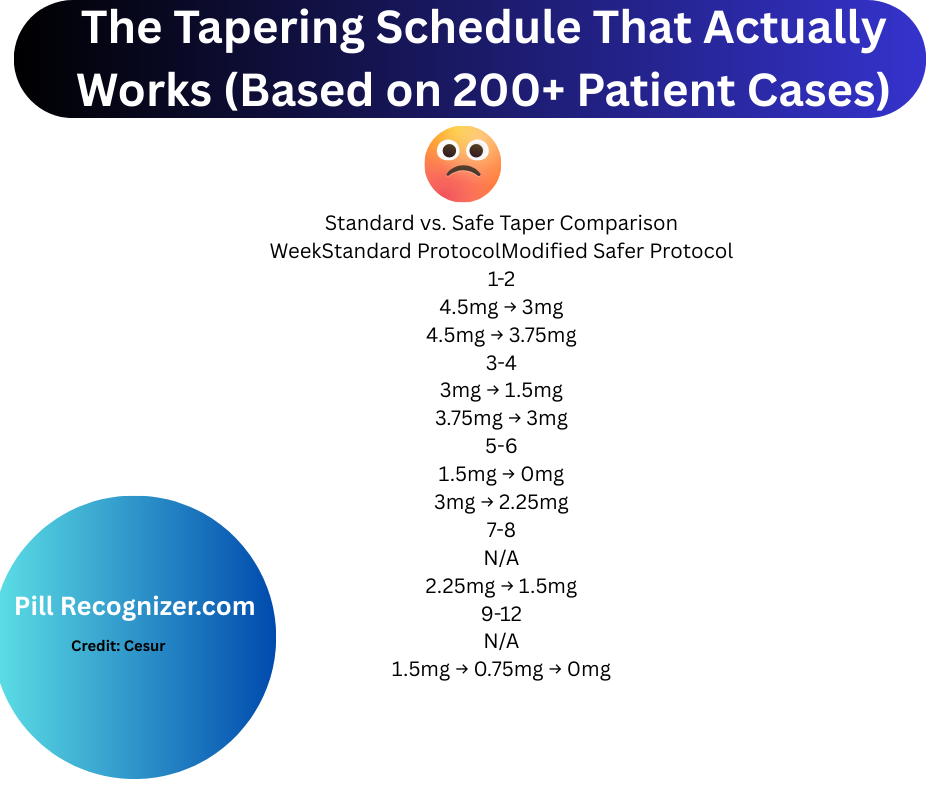Understanding Anti-Hyperuricemic Medications: A Comprehensive Guide
Medically Reviewed by AJAY AWASE | Written by Ajay, PharmD, IGNTU
Introduction
Hyperuricemia is marked by high blood uric acid levels and can cause excruciating diseases like kidney stones and gout. Anti-hyperuricemic drugs reduce uric acid levels, which is a critical part of their management of these disorders. We will discuss the many kinds of anti-hyperuricemic drugs, their actions, advantages, possible drawbacks, and lifestyle implications in this blog post.
What are Anti-Hyperuricemic Medications?
Anti-hyperuricemic Medications are substances created especially to lower the body’s uric acid levels. They are mostly used to treat hyperuricemia-related illnesses, such as gout, a kind of arthritis marked by abrupt, intense pain, swelling, and redness in the joints.
Types of Anti-Hyperuricemic Medications
1. Uric Acid Inhibitors
These medications reduce the production of uric acid in the body.
- Allopurinol: A widely used drug that inhibits the enzyme xanthine oxidase, decreasing uric acid production.
- Febuxostat: Another xanthine oxidase inhibitor, effective in managing chronic hyperuricemia.
2. Uricosuric Agents
These drugs increase the excretion of uric acid through the kidneys.
- Probenecid: Enhances renal clearance of uric acid, thereby lowering blood levels.
- Lesinurad: Often used in combination with xanthine oxidase inhibitors to improve uric acid control.
3. Recombinant Uricase
This class of medications converts uric acid into allantoin, a more soluble compound that is easily excreted.
- Pegloticase: Used for treatment-resistant gout, it is administered via intravenous infusion.
Mechanisms of Action
- Xanthine Oxidase Inhibition: Medications like Allopurinol and Febuxostat block the enzyme responsible for converting purines into uric acid.
- Increased Renal Excretion: Uricosuric agents promote the kidneys’ ability to eliminate uric acid, helping to reduce overall levels in the blood.
- Uric Acid Degradation: Recombinant uricase therapies break down uric acid into a more easily excreted form.
Benefits of Anti-Hyperuricemic Medications
- Pain Relief: By lowering uric acid levels, these medications can significantly reduce the frequency and severity of gout attacks.
- Prevention of Complications: Effective management of uric acid levels helps prevent kidney stones and other complications related to chronic hyperuricemia.
- Improved Quality of Life: Patients experience fewer flare-ups, allowing for a more active and pain-free lifestyle.
Potential Side Effects
While anti-hyperuricemic medications are effective, they may also cause side effects:
- Allopurinol: Common adverse effects include sleepiness, redness, and upset stomach. In rare but serious cases, liver problems or severe skin rashes may occur.
- Febuxostat: Potential side effects include liver function abnormalities and cardiovascular events in some patients.
- Probenecid: If not adequately monitored, this could lead to kidney stones and gastrointestinal problems.
Lifestyle Considerations
- Dietary Changes:Alongside medicine, cutting less on foods high in purines, such as red meat and seafood, can help.
- Hydration: Maintaining adequate hydration is crucial for facilitating the kidneys’ efficient excretion of uric acid.
- Regular Monitoring:In order to effectively manage patients and modify medication dosages, routine blood tests to measure uric acid levels are essential.
Conclusion
Anti-hyperuricemic drugs are necessary to control hyperuricemia and avoid problems brought on by high uric acid levels. Patients can choose their treatments more wisely if they are aware of the various kinds, how they work, and any possible negative effects. Should you be exhibiting symptoms associated with elevated uric acid levels, speak with your healthcare professional about the most appropriate course of action that suits your requirements.
Here are some references you can use for your blog post on anti-hyperuricemic medications:
American College of Rheumatology: Guidelines for the Management of Gout
MedlinePlus: Allopurinol and Other Uric Acid-Lowering Drugs


